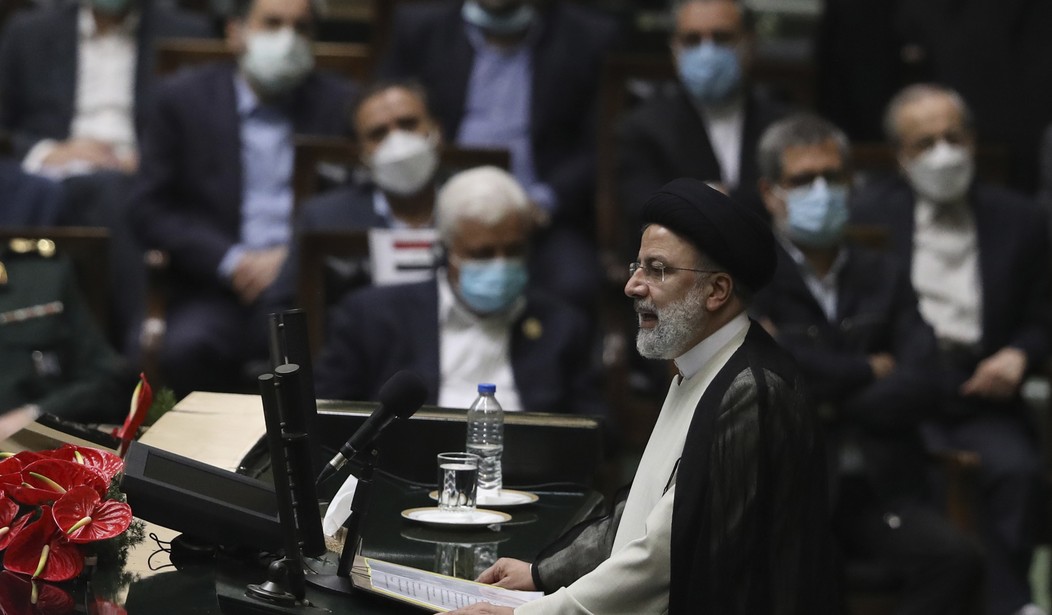In contemporary political literature, the term “regime change” has become synonymous with foreign invasions led by one or more global powers. These interventions often entail enormous costs in blood and treasure – billions of taxpayer dollars; countless lives placed in harm’s way.
Regrettably, such efforts are often marked by poor outcomes, including ever-increasing casualties and disruptive socio-economic consequences that ripple through an interdependent world where life for the majority is considerably harder than it was two decades ago.
According to an estimate by Brown University’s Costs of War project, Department of Defense spending has totaled over $14 trillion since the start of the war in Afghanistan in 2001, a sum that underscores the immense financial burden that conflicts have placed on the nation.
That post-9/11 wars have exacted a heavy toll in terms of human casualties is hardly breaking news. But the extent of the cost imposed is becoming clearer.
The Pentagon’s casualty metrics, as of last March, indicated that there were 4,431 US military and civilian victims resulting from these campaigns, along with nearly 32,000 military personnel wounded in action. But these numbers do not encompass the full extent of the tragedy. More than 937,000 people have lost their lives directly due to violence, and war sequels have claimed several times this number with estimates at 3.6-3.7 million lives lost in post-9/11 war zones. This effectively means that the total death toll stands at 4.5-4.6 million, a breathtaking number that continues to rise.
Among the victims, a staggering 387,000 civilians have been killed because of fighting – a statistic that illustrates the devastating impact of war on non-combatants caught amid conflict. Additionally, the number of war refugees and displaced persons has reached a distressing 38 million, leaving countless lives uprooted and communities shattered.
Recommended
The lack of measured oversight on the Iraqi and Afghan sides has made it virtually impossible to accurately determine the actual scope of devastation and loss of life. Beyond the immediate casualties and destruction, the long-term consequences for successive generations in both countries, as well as the geopolitical aftermath in the region, remains uncertain. Additionally, these conflicts have had far-reaching effects on the world economy, altering living standards for people globally.
The repercussions of these conflicts extend far beyond the Middle East. Post-traumatic stress disorder (PTSD) has affected millions of individuals in war zones but also changed the perceptions of leaders involved in politics to varying degrees. Wars, for example, have significantly altered the attitudes of decision-makers towards potential threats, and their hesitance to act has contributed to a new war in Europe.
Even though the clerical regime in Iran has played a key and active role in generating and fueling these three wars, it has managed to evade accountability and escape consequences for its actions. Despite being the most prominent state sponsor of global terrorism and engaging in practices such as hostage-taking, regional warfare, and nuclear extortion, the Iranian regime has portrayed itself as a fixture of international order.
Equally astonishing is the treatment of the Iranian dissident movement, which remains the most significant threat to the clerical order. Years before 9/11, this movement warned the world about the new global threat of Islamic fundamentalism, exposing the regime’s terror networks and clandestine nuclear weapons program. But instead of receiving support and recognition for its efforts, the movement has faced unparalleled restrictions as western powers have embraced a policy of appeasement towards Tehran.
For four decades, world powers capitulated to the terrorist regime at the expense of the Iranian people and their resistance movement while the threat posed by the regime grew dangerously to the point of no return.
Undeterred by the challenges, the Iranian Resistance – which has grown in significance domestically and internationally – has consistently relied on its organizational capacity and well-established structure to bring about regime change and lead the country through a peaceful transition to empower its people. The testament to their commitment lies in almost six decades of perseverance, even during the most devastating times in one of the world’s most troubled regions.
For better or worse, the only viable option remaining today to prevent a nuclear-armed terrorist state from gaining leverage in every international dispute is to confront the inevitable truth: The Iranian people must be empowered to uproot the theocracy and bring about democratic change.
There exists a viable alternative that can make it happen – one that does not need a single dime or a drop of blood from any foreign power. All the world needs to do is to stop legitimizing and dealing with the regime and instead recognize the right of the people to resist and defend themselves against their brutal oppressors.The Iranian people and their organized resistance movement possess the capacity and determination to bring about this change and free themselves from their oppressors.
By dismantling the Islamic Republic’s fundamentalist regime – a murderous theocracy that continues to leverage its vast mineral wealth for malign purposes – world leaders can disrupt the funding of global terrorism, defuse the threat of an eventual nuclear race, and put an end to the transportation of drones to authoritarian states. The result would be a substantial enhancement to peace and security, enabling policymakers to shift their attention away from endless wars toward bolstering the prosperity and welfare of global citizens.























Join the conversation as a VIP Member